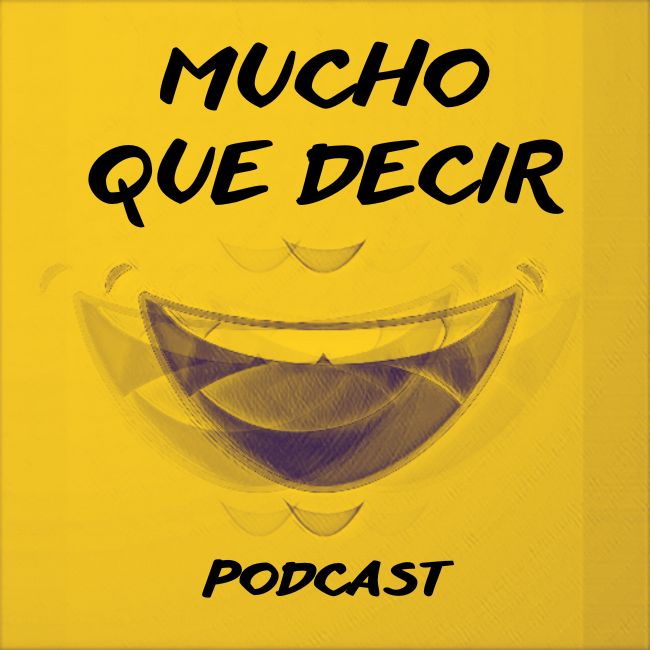Search from various angielski teachers...

What comes after a verb? "To do", "do," or "doing"? (Part 2)
Opis
Students regularly ask me, "How do I know what comes after a verb?" If a verb takes another verb as a complement, it is usually either a full infinitive or a gerund (e.g., "to do" or "doing"). Bare infinitives (e.g., "do") can only be complements for a small number of verbs, but these verbs are very common. In this article, I take a look at some verbs that take bare infinitives as complements.
To access the full text of this podcast, please go to https://www.difficultenglishexplained.com/what-comes-after-verb-2/.
Be sure that you read the first post in this series! You can find it at: https://www.difficultenglishexplained.com/what-comes-after-a-verb-to-do-do-or-doing-part-1/
Kanał podcastu
Difficult English Explained
Autor
Wszystkie odcinki

每日听汉语

成语和俗语的区别(The difference between idioms and colloquial expressions)

한국어 토픽 1

Entrevista al profe Luciano

The feelings of falling behind or not doing enough are a trap! 😫🤓🤭😁🌈😛🌼💚😊

Going to the Pharmacy

第9回:日本の給食 Japanese school lunch

Pasión musical Ft. Fer (Querétaro, MX)
Popularne odcinki

中文每日一练
每日听汉语

四季人生(The Four Seasons of Life)
成语和俗语的区别(The difference between idioms and colloquial expressions)

한국어 토픽 듣기
한국어 토픽 1

Mucho que decir
Entrevista al profe Luciano

Spanish to improve your life
The feelings of falling behind or not doing enough are a trap! 😫🤓🤭😁🌈😛🌼💚😊

Everyday Dialogues
Going to the Pharmacy

Japanese with Yoshiko(スクリプト付)
第9回:日本の給食 Japanese school lunch

Mucho que decir
Pasión musical Ft. Fer (Querétaro, MX)